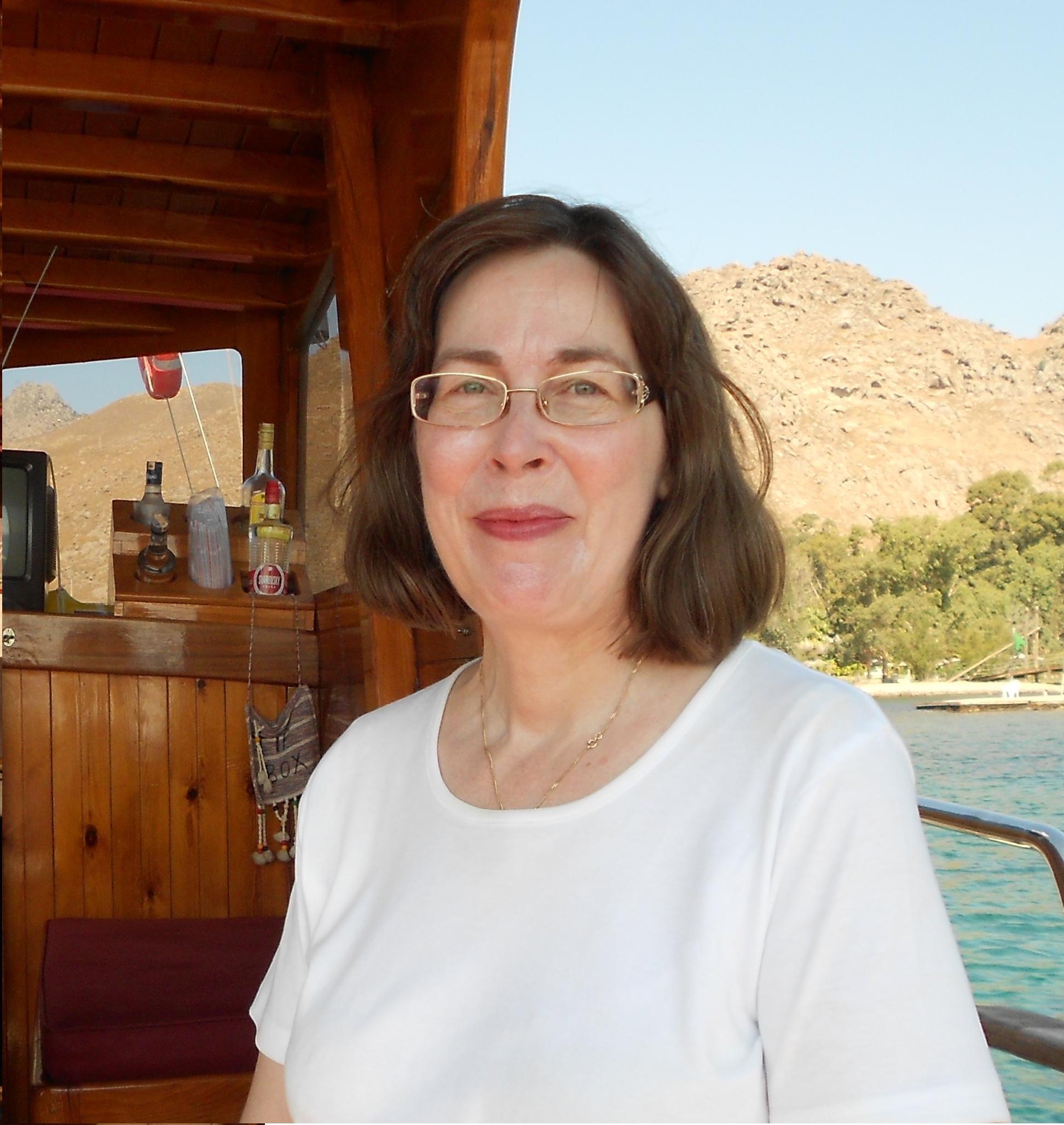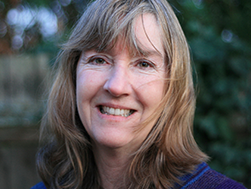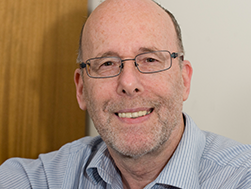Dr Rosie Luff
Dr Rosie Luff graduated from the University of St Andrews as a zoologist in the 1970s, and subsequently used her knowledge to help pioneer a new subdiscipline of archaeology: zooarchaeology.
Having gained a doctorate in this specialism at the University of Cambridge in the early 1980s, she directed a research unit within the Department of Archaeology from the ’80s to ’90s, which was responsible for advising on the excavation and analysis of animal and human remains from archaeological sites in eastern England, covering the prehistoric, Roman, and medieval periods.
Invited to Egypt to aid the recovery and analysis of faunal remains (fish, bird, and mammal) from Tell el-Amarna (Eighteenth-Dynasty city and Late Antique monastery), she later ran a collaborative, environmental enterprise comparing the use of aquatic resources (as opposed to terrestrial ones) among the city, monastery, modern-nearby Minya, and other archaeological sites along the Nile.
Dr Luff has analysed a huge amount of butchered animal and human bone, both in Britain and Egypt, and she became a recognized expert on the identification of cut marks in bone, acting as a consultant on forensic matters. Working on monastic material in Egypt stirred an interest in early Christian sites in Israel. This resulted in a research project using documentary and archaeological evidence to investigate the degree of discontent experienced by the people at the time of Jesus (The Impact of Jesus in First-Century Palestine, Cambridge University Press 2019).
Passionate about promoting excellence in academic writing, since 2003 Dr Luff has taught Academic English at postgraduate level at the University of Cambridge, in particular Clare Hall. She has been a Fellow at Clare Hall since 1988, having progressed from Research and Official Fellowships to an Emeritus Fellowship. She has also held the college positions of Steward, Librarian, Graduate Tutor, Communication Skills Tutor, and Acting Senior Tutor.
Select publications
- Rosemary M. Luff, Butchery at the Workmen’s Village, Tell el-Amarna, Egypt, in Rosemary-Margaret Luff and Peter Rowley-Conwy, eds., Whither Environmental Archaeology? Oxbow Monographs in Archaeology (1994) 38: 158-170. Oxford, Oxbow
- Rosemary M. Luff, The Conundrum of Castration in the Archaeological Record: an Interpretation of Roman Cattle Horn-cores from Chelmsford, Essex. International Journal of Osteoarchaeology (1994) 4: 171-192
- Rosemary M. Luff and Marta Moreno Garcia, Killing cats in the Medieval Period. An Unusual Episode in the History of Cambridge, England. Archaeofauna. International Journal of Archaeozoology (1995) 4: 93-114
- Rosemary M. Luff and Geoffrey N. Bailey, Analysis of Size Changes and Incremental Growth Structures in African Catfish Synodontis schall (schall) from Tell el-Amarna, Middle Egypt. Journal of Archaeological Science (2000) 27: 821-835
- Rosemary M. Luff and Geoff Bailey, The Aquatic Basis of Ancient Civilizations: the case of Synodontis schall and the Nile Valley, in G. Bailey, R. Charles & N. Winder, eds., Human Ecodynamics, Symposia of the Association for Environmental Archaeology (2000) 19: 100-113. Oxford, Oxbow
- Rosemary M. Luff and D. Brothwell, On the Possible Ritual Marking of a Young XVIIIth Dynasty Pig Skull from Tell el-Amarna, Middle Egypt. International Journal of Osteoarchaeology (2007) 17: 524-530
- Rosemary M. Luff, Monastic Diet in Late Antique Egypt: zooarchaeological finds from Kom el-Nana and Tell el-Amarna, Middle Egypt. Environmental Archaeology. The Journal of Human Palaeoecology (2007) 12 (2): 161-174
- Rosemary M. Luff, Health Hazards in First-Century Palestine in Rosemary Margaret Luff, The Impact of Jesus in First-Century Palestine. Cambridge University Press (2019): 114-144
- Rosemary M. Luff, The Impact of Jesus in First-Century Palestine. Cambridge University Press (2019)


